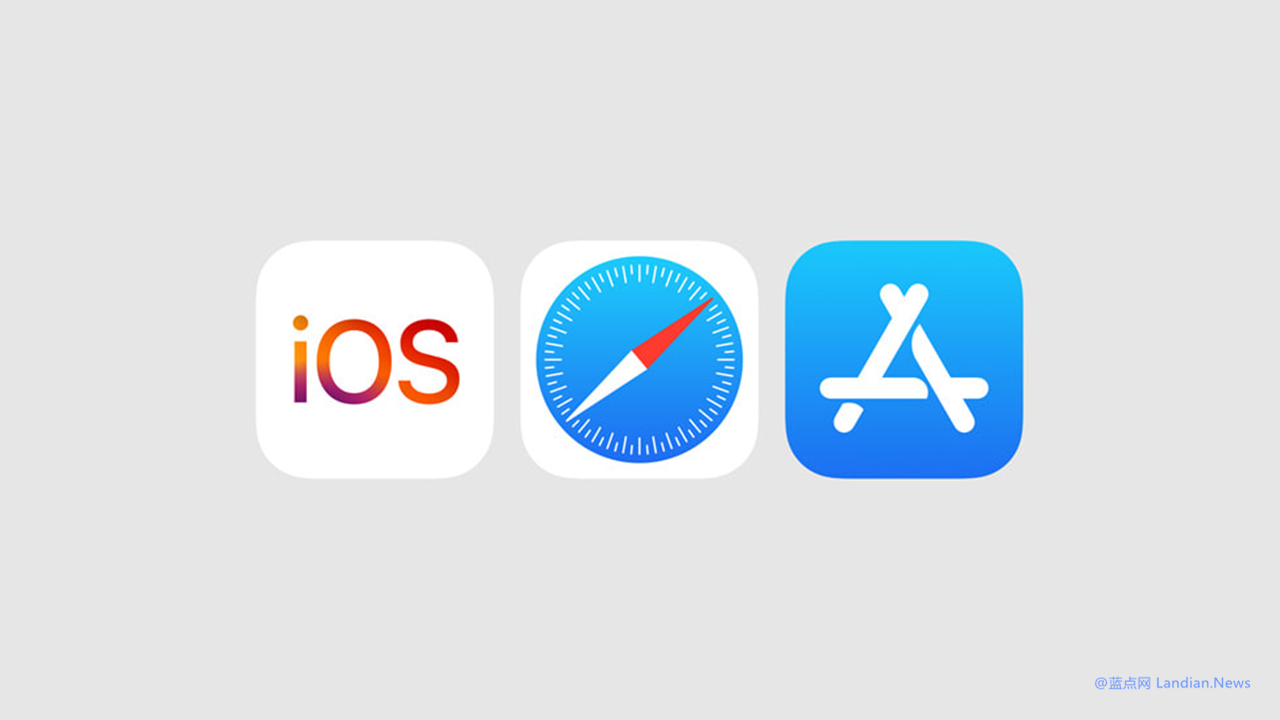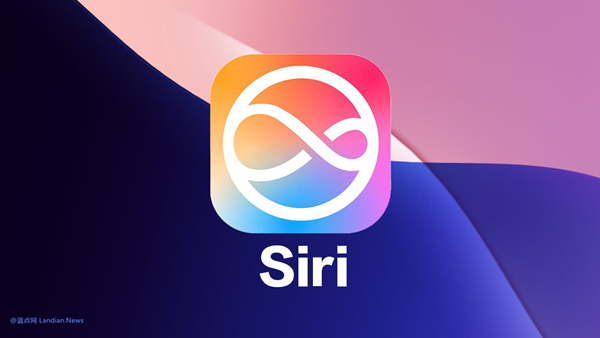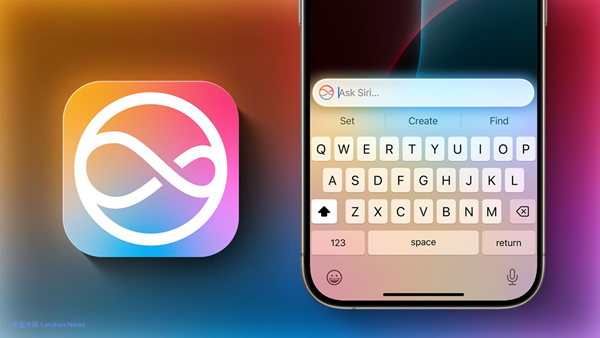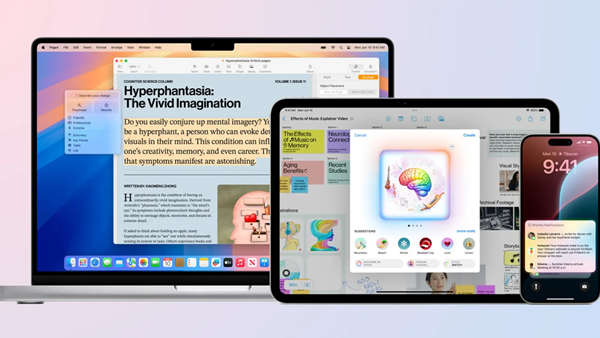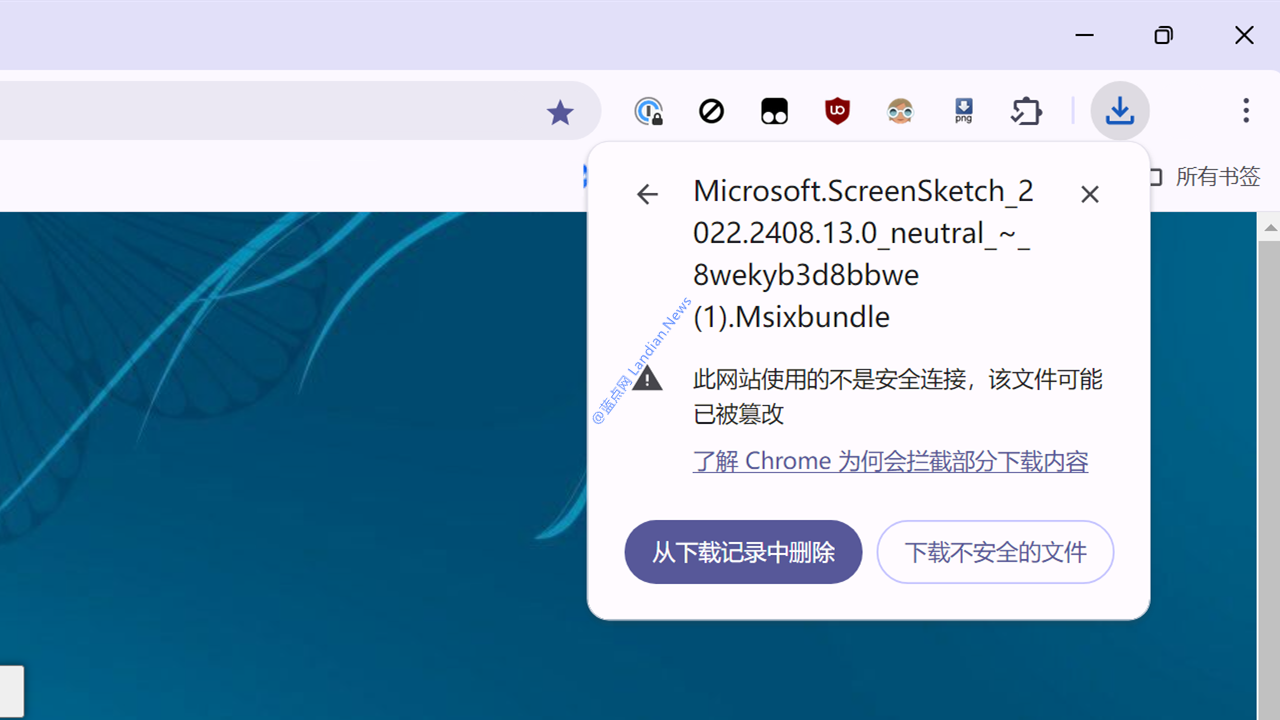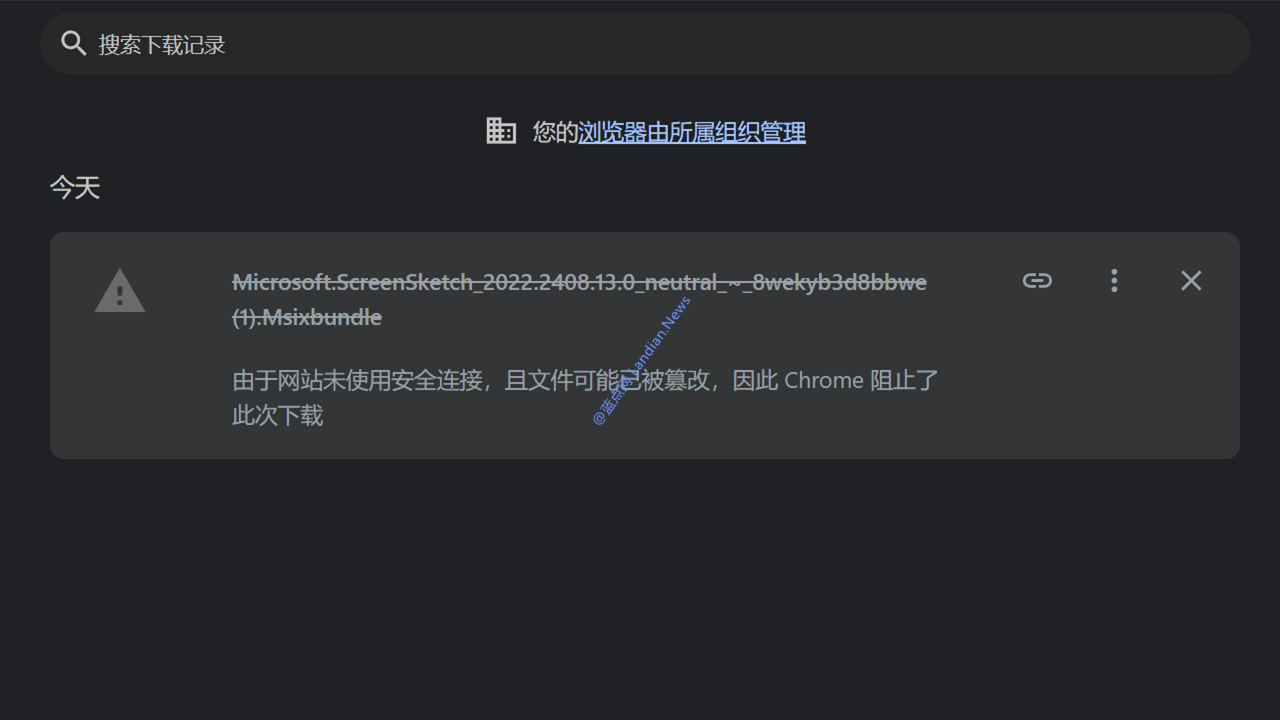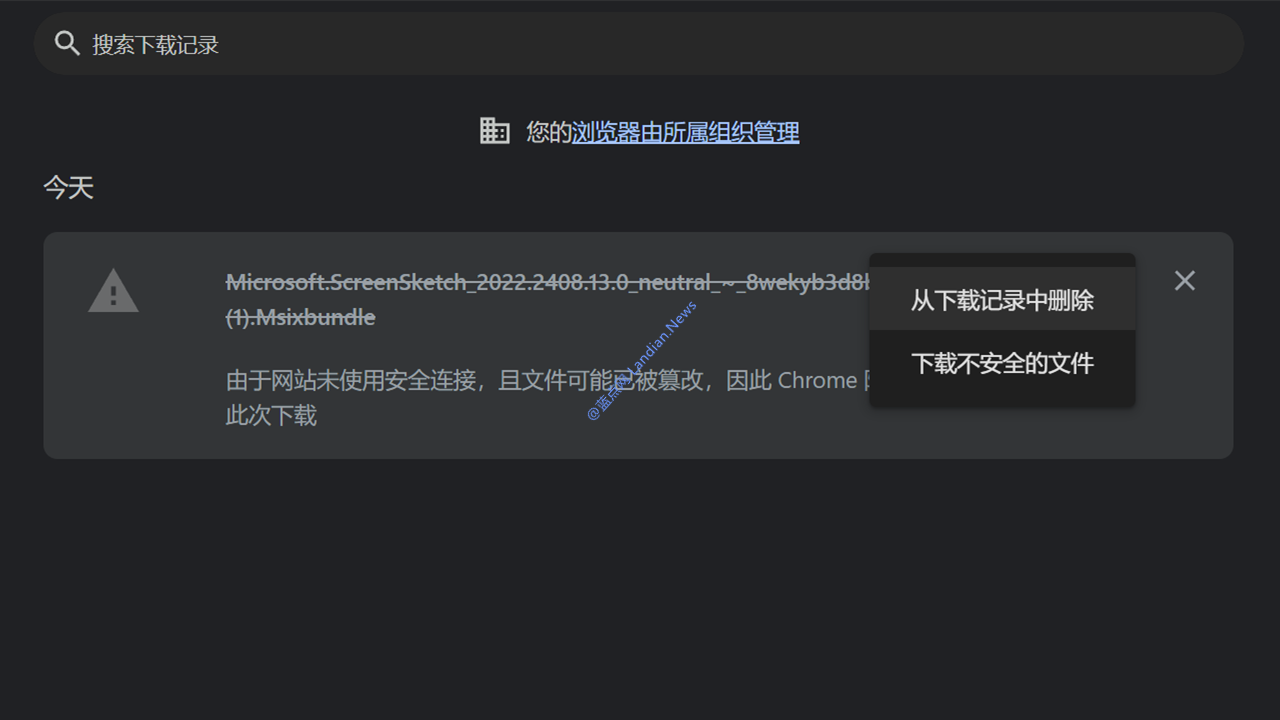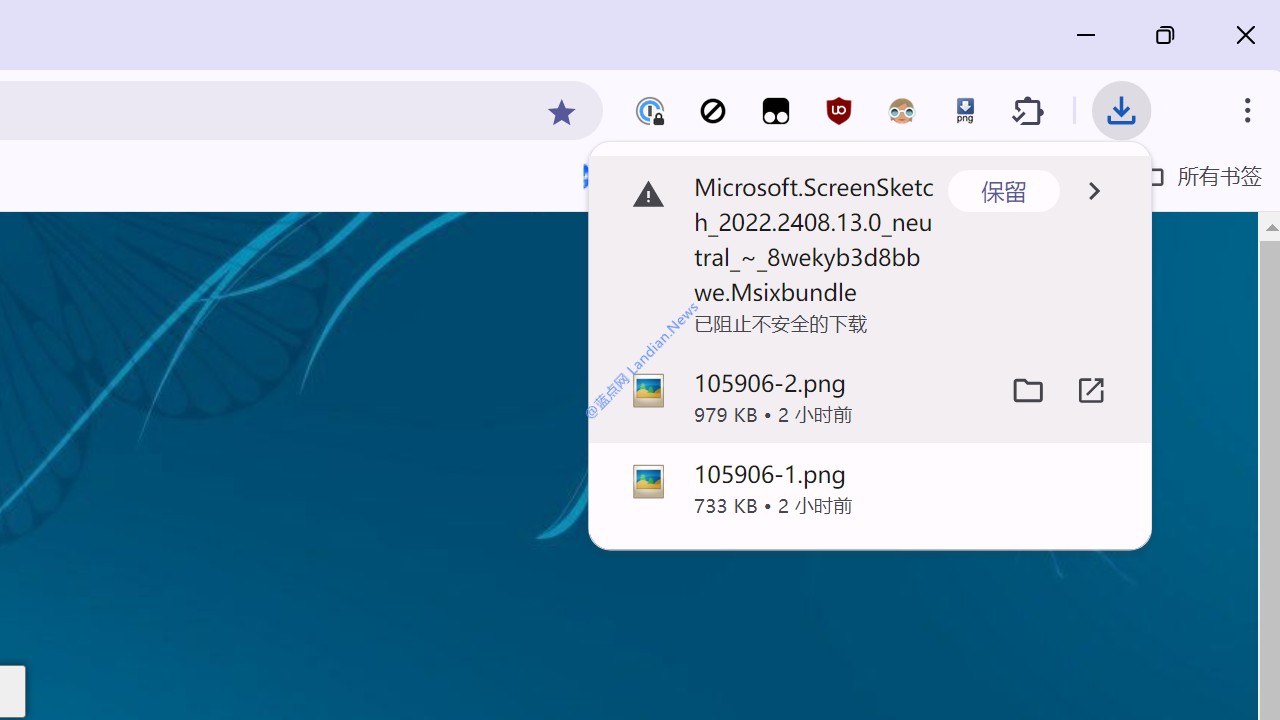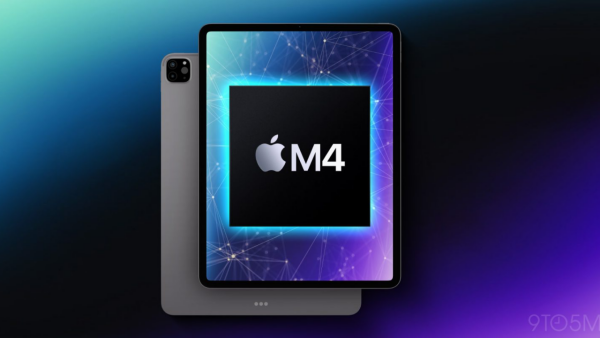Apple Imposes New Restrictions on Browser Developers: Third-Party Engine Testing Must Be Done on EU Devices
Under pressure from the European Union, Apple announced in March that it would open up its iOS and iPadOS platforms to third-party browser engines in the EU and some countries in the European Economic Area. This change allows browsers like Chrome to launch versions using the Blink engine and Firefox to use the Gecko engine, deviating from the previous mandate that all browsers on iOS and iPadOS must employ Apple's WebKit engine. Until now, Chrome and Firefox on these platforms were essentially WebKit-based skins, unable to utilize their native engines.
However, despite loosening restrictions on third-party browser engines, Apple continues to play its cards close to the chest. According to a report from The Redister, citing developer sources, Apple has introduced limitations on the simulation tests performed by browser developers.
The new restrictions are as follows:
Typically, development teams use the iPhone Simulator for testing, followed by real-device tests, as simulators cannot replicate all real-world usage scenarios.
Although third-party browser engines are only open in the EU, logic dictates that Apple should allow registered developers outside the EU to debug on their devices, facilitating the resolution of unknown issues.
Apple's new restriction, however, mandates that browser development teams must adhere to Apple's geographical fencing rules for the EU (a stipulation added to Apple's new terms). This means developers can only test on simulators or physically test within the EU.
This effectively bars browser development teams outside the EU from conducting real-device tests. If an EU user reports an issue, the development team can only attempt to replicate it on a simulator, without the option to test on their iPhones.
Developers have criticized the move as excessively restrictive:
Many developers view this new contractual term as Apple's way of maliciously complying with the EU's Digital Markets Act. On the surface, Apple appears to comply with EU regulations, but in practice, it imposes various restrictions to raise the barrier for compliance.
Developers believe that Apple should at least exempt their testing devices, enabling them to perform real-device tests to better serve users.
The Opera browser team, headquartered in Europe (Norway, under the Chinese gaming company Kunlun Tech), reported being unaware of this issue when queried.
Similarly, the Vivaldi browser team, also based within the European Economic Area (Norway and Iceland), had not heard of this requirement. Vivaldi criticized Apple's rule as another anti-competitive measure.
Google and Mozilla, the main browser developers based in the USA and preparing versions of Chrome and Firefox using their own engines, have not responded to inquiries regarding this issue.
